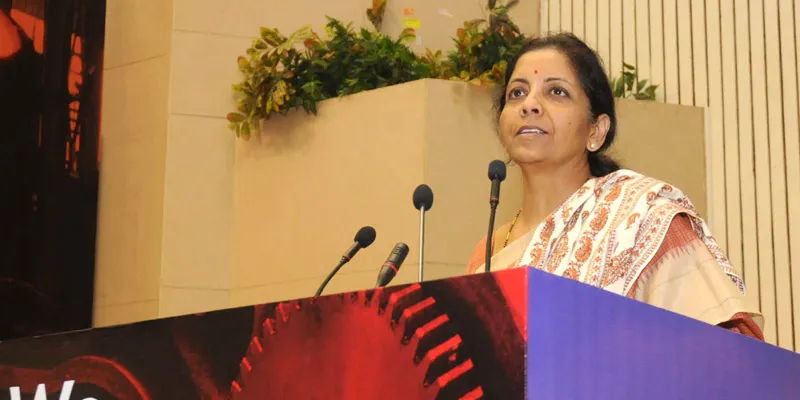DIPP welcomes application from over 400 entrepreneurs to be recognised as 'innovative startups'
Department of Industrial Policy and Promotion (DIPP) has welcomed applications from over 400 budding entrepreneurs for recognition as 'innovative startups' to avail tax breaks and other benefits. An inter-ministerial committee assessing such applications has already considered 189 requests, of which 148 applicants have been asked to properly attach relevant documents and 10 applications have been rejected as there was no innovation involved in that, an official said.

The official said that 30 startups have been asked to give additional information about their innovation and only one has got the approval to avail benefits for intellectual property rights.
The DIPP has asked them to attach their documents in proper way, otherwise it would be difficult to scrutinise them, the official added.
Another source said that the startups are also facing issues in getting a certificate from VCs and incubators on the innovativeness of their proposal, which is a crucial document to avail tax sops, provided in the startup action plan.
Also read : Startups with slashed valuation may now need to pay tax on “extra” consideration
The department has launched a portal for startups where they have do the registration process to avail the benefits.
In January, Prime Minister Narendra Modi unveiled a slew of incentives to boost startup businesses, offering them a tax holiday and inspector raj-free regime for three years, capital gains tax exemption and Rs 10,000 crore corpus to fund them. India has the third-largest number of start-ups globally. To boost financing, a 20-percent tax on capital gains made on investments by entrepreneurs after selling own assets as well as government-recognised venture capitalists is also exempted. Commerce and Industry Minister Nirmala Sitharaman has asked the finance ministry to consider raising tax holiday for startups to seven years to encourage budding entrepreneurs.
DIPP is responsible for formulation and implementation of promotional and developmental measures for growth of the industrial sector, keeping in view the national priorities and socio-economic objectives. It also takes up responsibility that concerns the overall industrial policy and facilitating and increasing the FDI flows to the country.







